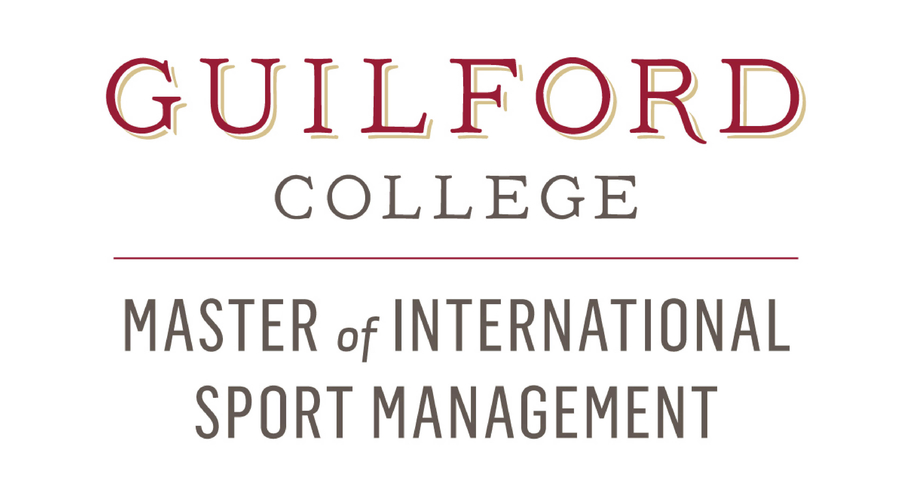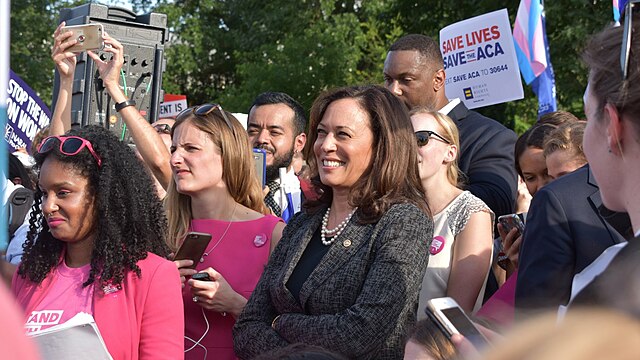While I have recognized instances of heterosexism at Guilford, my only experience with anti-gay sentiments has been with the “Gay or Play” article published last week. I understand this was not the intention of its author, which is why I need to point out a few things to elevate the conversation.
Let’s begin with the title. “Gay or play” constructs a binary: gay identity versus sports, which frames LGBTQ athletes as a contradiction to or in conflict with sports. Gays and lesbians have been athletes since the inception of sports. This title perpetuates the anti-gay sentiments the article purports to investigate. The vain attempt to be catchy trivializes this important topic and is insulting.
My second point: language. The term “homosexual” is antiquated to the point of being derogatory.
According to the Gay & Lesbian Alliance Against Defamation, “The Associated Press, The New York Times and The Washington Post all restrict usage of the term ‘homosexual’ — a word whose clinical history and pejorative connotations are routinely exploited by anti-gay extremists to suggest that lesbians and gay men are somehow diseased or psychologically/emotionally disordered.”
Language like, “The difficult world of sports and homosexuality,” and, “the ramifications of being openly homosexual,” suggest that LGBTQ student-athletes are the problem when in reality homophobic athletes are the problem.
No quote was attributed to a person who identifies as LGBTQ. It feels as though LGBTQ students were erased from the conversation. Why wasn’t Guilford’s LGBTQ coordinator, Parker Hurley, interviewed or a member of PRIDE or QPOC (Queer People of Color)? A conversation about homophobia is incomplete without these voices.
What does this article do for athletes experiencing homophobia? The Guilfordian could better discuss this issue if it published a series of articles that took a critical look at anti-gay and heterosexist attitudes and behaviors within sports.






